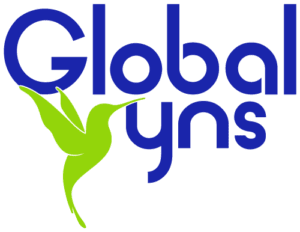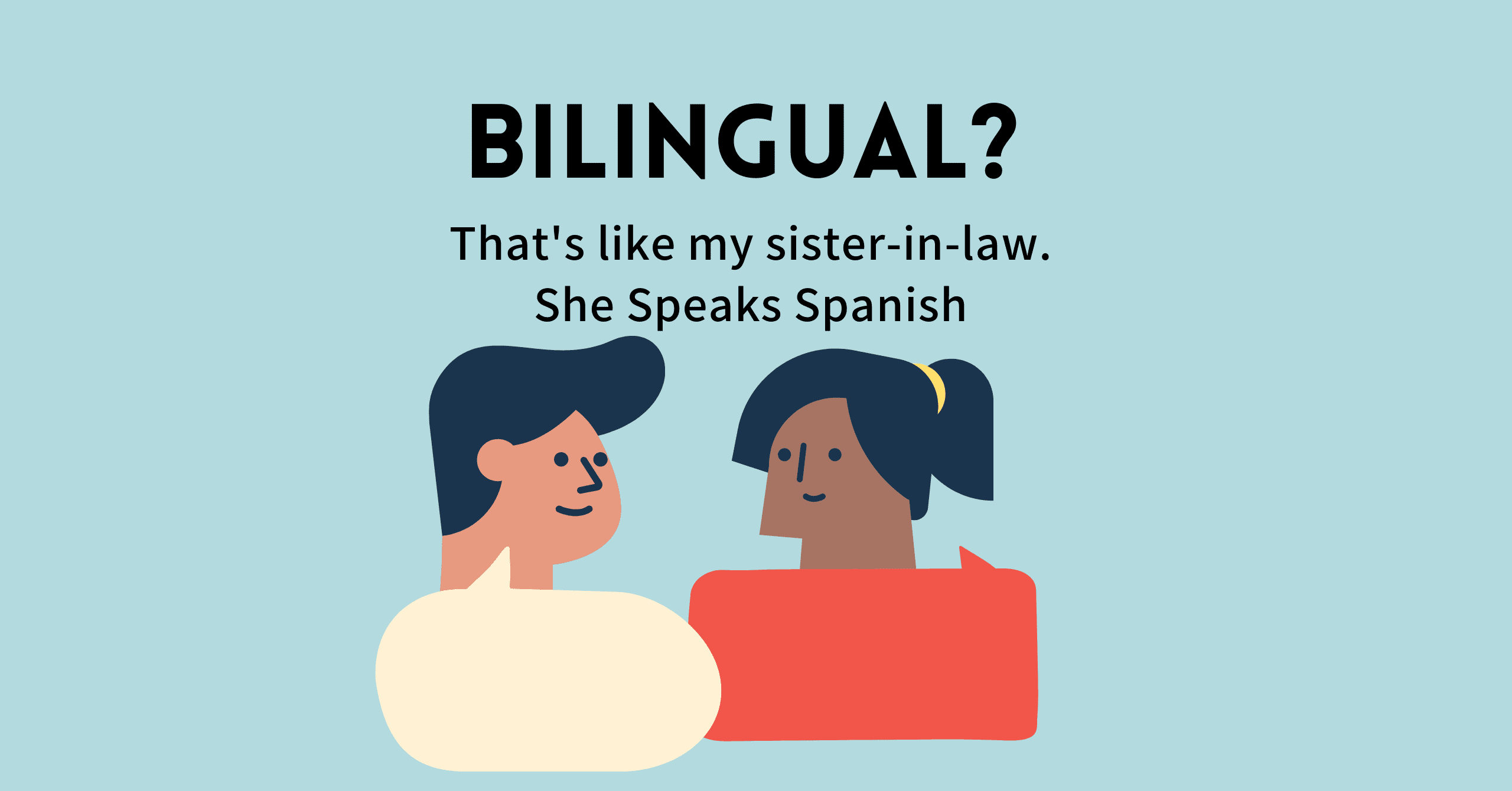If you want to interact with people in a foreign language –a parent-teacher conference with a family recently arrived from Senegal, an attorney-client meeting related to immigration law, a delegation from France meeting with Congress– you need an interpreter. Interpreters speak. Translators, write.
Interpreters step in whenever people speaking different languages need to communicate with each other. They are trained to carry out ideas from one language to another accurately and efficiently. Professional interpreters bring value to schools, law firms, and nonprofits. They communicate the meaning and the intent to school communities, clients, customers, and local communities.
Professional interpretation services make ALL the difference
Professional Interpreters are bilingual. But bilingual people cannot be considered professional interpreters. Only trained and professional interpreters know both the words and the culture behind the words, idioms, language usage, and structure. Bilingual people are a major risk in an interpreting situation. They are not obligated to comply with the Code of Ethics and they are not necessarily good when the pressure is on. They might take sides and breach confidentiality.
Professional interpreters abide by a code of ethics that stresses confidentiality, impartiality, discretion, impartiality, protocol and demeanor. Bilinguals simply cannot match the quality and performance of a professional interpreter.
Bilingual people and Amateurs. No thanks.
Using non-professional interpreters may also be against the law. Some states have forbidden the use of family members, friends, and children as interpreters in healthcare situations and in courtrooms. Using untrained relatives or staff can have catastrophic consequences. Using untrained interpreters is a waste of financial resources, with very bad outcomes for companies, schools, nonprofits, and law firms.
Professional Interpreters master the three modes of interpretation. They have the professional experience needed to listen to a message in one language and relay the same information back in another language in real-time. Interpreters work in three modes:
Consecutive: The client speaks, then stops. The interpreter steps in to interpret then stops. The interpreter takes notes to sure accuracy. Consecutive interpretation doubles the time of the event. Be sure to factor this into your schedule.
Simultaneous: The client and the interpreter talk at the same time, with the interpreter lagging one sentence behind the client. Normally you listen to the interpreters with portable interpretation equipment that use a radio or infra-red frequency. Simultaneous interpretation requires a team of two interpreters.
Sight Translation: The interpreter orally translates a written document. Sight translation can pose a serious liability risk for a service organization. We recommend Federally or State Certified Interpreters for these assignments, especially for trial preparation.

How can I find the right interpreter I need?
First, start by identifying which language(s) you require.
Second, identify where the interpreter will be working. The physical location and the setting are important. Do you need an interpreter for a Congressional visit, an IEP meeting, or a national conference?
Third, set the scene. Be sure to specify what your meeting is about well in advance. Provide background materials so that the interpreters can prepare properly. If you will be using statements, speeches, slides, previous minutes, reports make sure your interpreter has them. Interpreters do not charge for prep time, which can be 10 hours or more, depending on the assignment.
Fourth, test technology. Review your technical requirements upfront to avoid unpleasant surprises, and test the equipment before the event. We recommend a dry run with the interpreters the day before. Professional interpreters know their way around the technical equipment you are using. If you are using Remote Interpretation Services, we will guide you and assist you in setting up the platform and enabling the interpretation channels. Our top-10 best practices for virtual events are available to you and will guarantee a successful event.
Last but not least, Recording Fees. Interpreters legally own recordings of their own interpretation unless they sign those rights away. If a recording is to be made, it is important to discuss it upfront to clarify intellectual property rights. The performance of interpreters is protected under international law. The Berne Convention protects the rights of authors in their literary and artistic works. The performance of the conference interpreter is considered a translation within the Berne Convention, and the exclusive rights are foreseen in the Convention apply to the author.
Interpreters may be (and often are) recorded while they interpret, even without their knowledge or consent. In addition, those recordings may later be re-used, or transcribed for various uses. The interpreter should be remunerated, recording fee. An interpreter who is recorded without consent might be able to sue for breaches of intellectual property, property rights, and confidentiality.
Global YNS: Your Interpretation Partner
We are a small team of professional interpreters by design, and we like it that way. Our core team is small, close-knit, and devoted to our clients. As professional and trained interpreters, we live and breathe what we do and relish the opportunity to break language barriers and help you to communicate successfully with your audience.
The process starts off by knowing your event and audience. We recommend what’s right. We choose the interpretation mode and equipment that best suits your needs. We prepare for your meetings, events, and conferences in advance. We research the topic and develop a glossary. We listen to the why not just the when and where. We walk you through the entire process.
Global YNS is different by design, our mission is to provide the best language solutions, driven by the desire to build connections through languages and to include more people, families, and communities in more ways. Our approach to language services is based on quality and respect to all the parties involved in an interpretation encounter because when language services are provided by trained and qualified linguists all parties feel more valued, understood, and empowered.
Transparency: No hidden costs and no tricks. We care about you and your project. We keep the lines of communication wide open and reciprocal.
Fairness: Our approach puts you in the center of the interpretation process ensuring our services meet your expectations. We respect our linguists’ rights to a professional remuneration and work-life balance given the necessary time, tools, and conditions to work and thrive.

Global YNS
Offering superior language solutions,
Where quality is our priority

